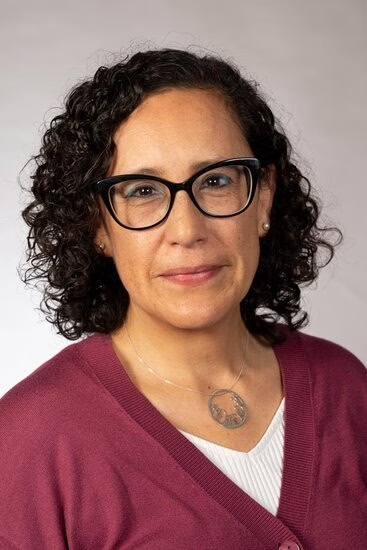How can historical fiction help us to explore plural perspectives on the Indigenous pasts and open up new visions for a sustainable and diverse future?

The FLORISH project explores the unique potential of historical fiction as a transformative method to create a counter-narrative of Indigenous peoples in Brazil, where they are often seen as primitive due to their close connection to nature. This stereotype, propagated by Western literature and historiography, has become rooted in the collective sensibility and is currently used to justify racism against Indigenous peoples, the illegal occupation of their lands and the deforestation of the Amazon rainforest.
Historiography has taken a critical look at these views. However, as it is predominantly based on written records, it often does not go beyond deconstructive ambitions. Indigenous ethnic groups in Brazil tend to pass on their history and values orally, so their ecocultures and resistance to colonialism fall outside the scope of the prevailing epistemology.
Objectives
FLORISH explores transdisciplinary research methods that cross the boundaries between the academic context and literary practice. The research is in dialogue with Indigenous and decolonial studies, historical theory and literary theory to explore historical fiction as a method of silencing Indigenous pasts and promoting a polyphonic history. The aims of the FLORISH project are outlined in three phases:
Soil: to understand how Brazilian writers have used historiography (archives) and fiction (imagination) to represent Indigenous peoples in the past.
Seed: to find out how the epistemology of historiography inhibits (or even silences) the writing of Indigenous historical fiction.
- Flourish: developing a participatory methodology of writing with Indigenous authors that allows us to co-create representations of their past in a context of coexistence with ecosystems.
The project combines methods of discourse and intertext analysis, qualitative in-depth interviews with writers engaged in Indigenous historical fiction, and collaborative writing with Indigenous writers. The FLORISH writing sessions will take place in five regions of Brazil: Amazonia, Bahia, Rio de Janeiro, Minas Gerais and São Paulo. Participants will be diverse in terms of ethnicity, gender, age and sexual orientation. The proposal moves from deconstruction to reconstruction in a context of growing appeal for a sustainable, multicultural and decolonized world.

Why is this research relevant?
Indigenous peoples make up 6.2% of the world's population and manage 11% of the world's forests. They therefore play a crucial role in the protection of biodiversity. Indigenous ontologies are also based on symbiotic relationships between humans and nature, so they can design sustainable models, which is crucial for tackling climate change.
However, violence against Indigenous groups in Brazil has increased by 61% in 2020. There is a deep-rooted anti-environmental and anti-Indigenous sentiment in Brazilian culture, as Indigenous peoples are seen as an obstacle to progress and development. Indigenous knowledge is still delegitimized and portrayed as primitive and uncivilized. This example shows that although climate change is often understood as a purely environmental problem, it is important to look for its historical roots in colonialism and the associated systems and oppressions (e.g. racism, sexism, anthropocentrism).
Overcoming the historical invisibility of Indigenous peoples in Brazil is an urgent social problem. The FLORISH project aims to recognize and counter these subtle systems of oppression that continue to reinforce inequalities and power dynamics.
Networks and collaboration
The research promotes collaboration between academic institutions, social organizations and activists. It aims to connect traditional and Indigenous literary networks, literary platforms, blogs, activists, organizations and academic researchers. Dissemination activities include news channels, podcasts, the European Research Night and the publication of short stories in Brazil and Europe.
In addition, local events and creative writing presentations will be organized in spaces dedicated to the arts, ethnic activism and sustainable development in Europe, in collaboration with social organizations and the Researchers in Schools programme. Presentations are planned at prestigious conferences such as the annual meeting of the Native American Indigenous Studies Association in the USA and the Association of National History (ANPUH) in Brazil.
This project aims to deliver five main outputs:
- Development of a special issue on Decolonizing Historical Fiction
- Launch of the Decolonizing Historical Fiction online conference
- Creation of a Decolonial Collaborative Writing Toolkit, summarizing the findings from the FLORISH writing sessions and enabling organizations to continue to use these resources after the project has finished
- Publication of a series of podcasts on related topics
- Submission of four research papers
Contact
For more information about the research, please get in touch with Amanda Martins, Principal Investigator, and Professor Rosalba Icaza, Senior Advisor to the project.
 Amanda MartinsEmail address
Amanda MartinsEmail address Professor Rosalba Icaza
Professor Rosalba IcazaProfessor of International Relations - Institute of Political Science, University of Leiden
Email address

